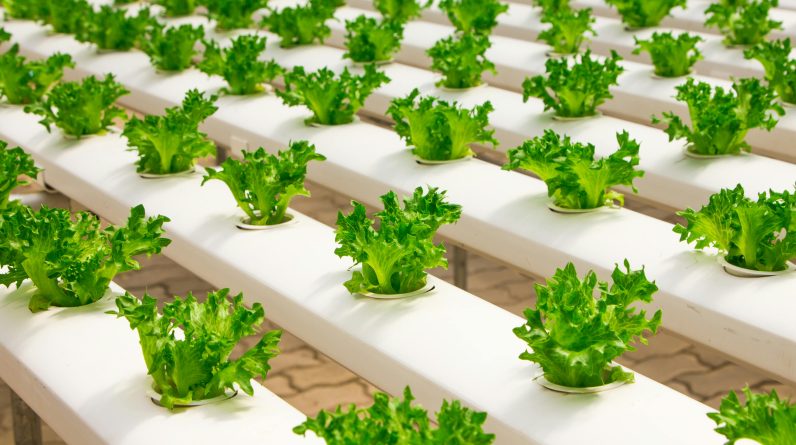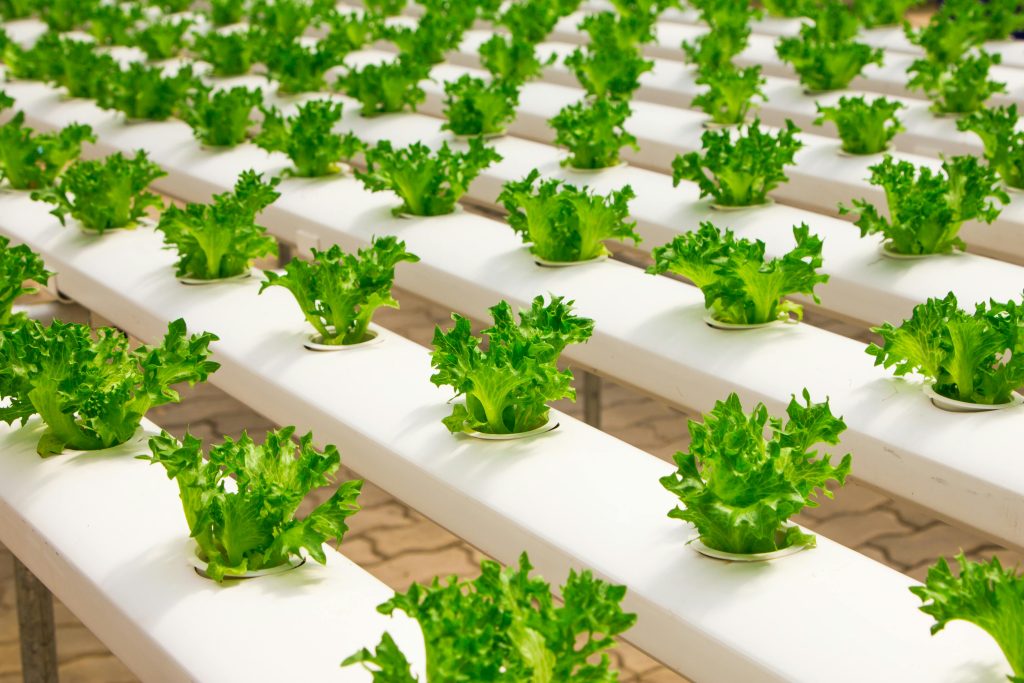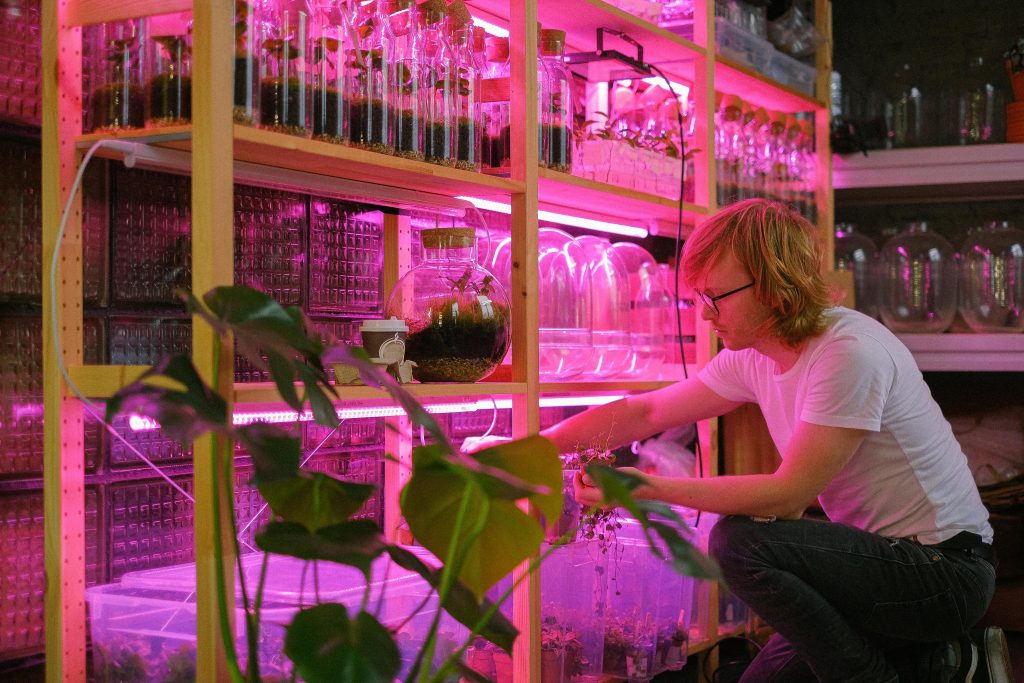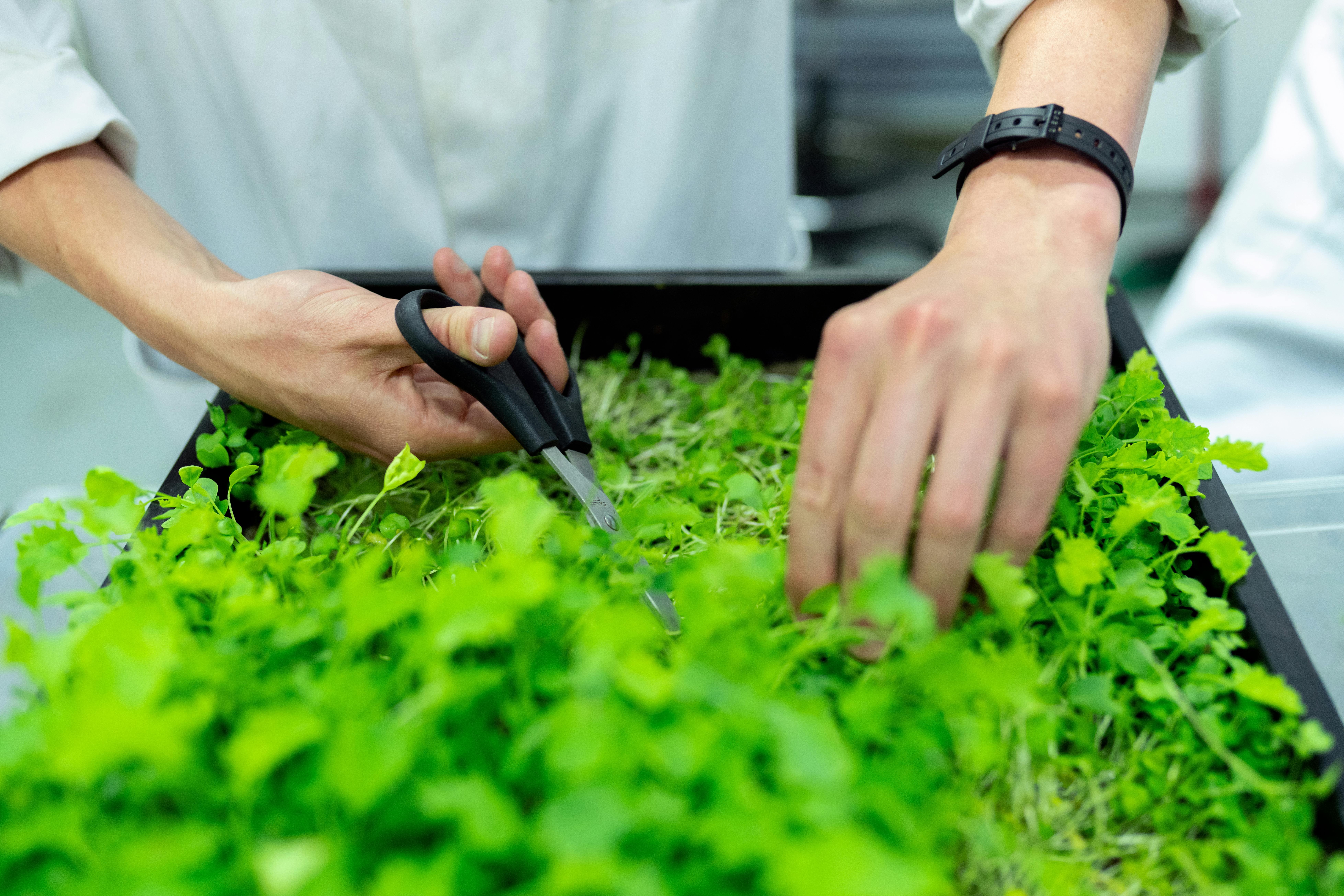
Why Hydroponic Water Quality Matters
When you’re growing plants hydroponically, the water you use is the lifeblood of your system. The quality of this water directly impacts your plants’ health and growth. Let’s dive into why hydroponic water quality is so crucial for your success in hydroponic gardening.
Proper Nutrient Delivery
In a hydroponic system, plants rely entirely on the water you provide for their nutrients. If the water quality is poor, it can hinder the absorption of essential nutrients like nitrogen, phosphorus, and potassium. Ensuring that your water is clean and free from contaminants is vital for delivering the right balance of nutrients to your plants.
Preventing Disease
Low-quality water can introduce harmful pathogens to your plants, leading to diseases that can devastate your entire crop. Maintaining high water quality reduces the risk of these diseases, keeping your plants healthy and productive. By prioritizing water quality, you can minimize the need for pesticides and other chemical treatments.

This image is property of images.pexels.com.
Monitoring Water Quality
Monitoring your hydroponic water quality is an ongoing process that requires attention and care. By regularly testing and adjusting your water parameters, you can ensure optimal conditions for your plants. Let’s explore some essential factors to monitor in your hydroponic system.
pH Levels
The pH level of your water is a critical factor in hydroponic gardening. It affects nutrient availability and absorption by your plants. Ideally, the pH of your water should be slightly acidic, around 5.5 to 6.5 for most plants. Regularly test and adjust the pH of your water to keep it within this optimal range.
Electrical Conductivity (EC)
EC measures the concentration of nutrients in your water. It indicates the amount of dissolved salts and minerals that your plants can absorb. Monitoring EC helps you maintain the right nutrient balance in your system. Keep track of your EC levels and adjust your nutrient solution as needed to prevent nutrient deficiencies or toxicities.
Water Temperature
The temperature of your hydroponic water can impact nutrient uptake and plant growth. Most plants thrive in water temperatures between 65-75°F (18-24°C). Avoid extremes in temperature, as they can stress your plants and affect their overall health. Use a thermometer to monitor your water temperature regularly and make adjustments as necessary.
Maintaining Water Quality
To ensure optimal water quality in your hydroponic system, you must take proactive measures to prevent contamination and nutrient imbalances. Incorporate these practices into your routine to maintain healthy water for your plants.
Cleanliness
Regularly clean and disinfect all components of your hydroponic system to prevent the buildup of algae, bacteria, and other contaminants. Pay special attention to reservoirs, pumps, and tubing, as these areas are prone to harboring pathogens. Keeping your system clean reduces the risk of diseases and promotes plant health.
Filtered Water
Using filtered water for your hydroponic system is essential to avoid contaminants and mineral imbalances. Tap water may contain chlorine, heavy metals, or other impurities that can harm your plants. Invest in a quality water filtration system to ensure that your plants receive clean, pure water for optimal growth.
Nutrient Solution Management
Regularly check and adjust your nutrient solution to maintain the proper balance of essential nutrients. Monitor nutrient levels, pH, and EC to prevent deficiencies or toxicities that can harm your plants. Following a consistent nutrient management schedule will help you provide your plants with the nutrients they need to thrive.

This image is property of images.pexels.com.
Troubleshooting Water Quality Issues
Even with proper care and maintenance, you may encounter water quality issues in your hydroponic system. Understanding how to identify and address these problems is crucial for preserving the health of your plants. Let’s look at some common water quality issues and how to troubleshoot them.
Algae Growth
Algae growth in your hydroponic system can deprive your plants of nutrients and oxygen. To prevent algae buildup, keep your reservoir covered and out of direct sunlight. Use opaque materials to block light and reduce algae growth. Implementing a UV sterilizer or adding hydrogen peroxide can also help control algae in your system.
pH Imbalance
Fluctuations in pH can disrupt nutrient uptake and affect plant growth. If you notice pH imbalances in your system, adjust the pH of your water using pH up or pH down solutions. Regularly test your water and make gradual adjustments to maintain a stable pH level for your plants. Maintaining proper pH balance is crucial for healthy plant development.
Nutrient Deficiencies
Nutrient deficiencies can manifest as yellowing leaves, stunted growth, or poor fruiting in your plants. If you suspect nutrient deficiencies, test your water for nutrient levels and adjust your nutrient solution accordingly. Adding a balanced hydroponic fertilizer can help correct deficiencies and promote healthy plant growth. Regular monitoring and adjustments are key to preventing nutrient deficiencies in your system.

This image is property of images.pexels.com.
Conclusion
In hydroponic gardening, water quality is a fundamental aspect of plant health and growth. By understanding the importance of maintaining high water quality, monitoring essential factors, and implementing proactive maintenance practices, you can cultivate thriving plants and maximize your yields. Prioritize water quality in your hydroponic system to enjoy a successful and bountiful harvest. Happy growing!
Related Content
- How to Choose Hydroponic Fertilizers
- Hydroponics Growing System Indoor Garden Kit Review
- 10 Effective Best Indoor Hydroponic Grow System Strategies for 2025
- The Ultimate Guide to 10 Effective Home Hydroponic Garden Strategies for 2025
- 10 Effective hydroponic gardening tips (2025 Guide) to Maximize Growth





